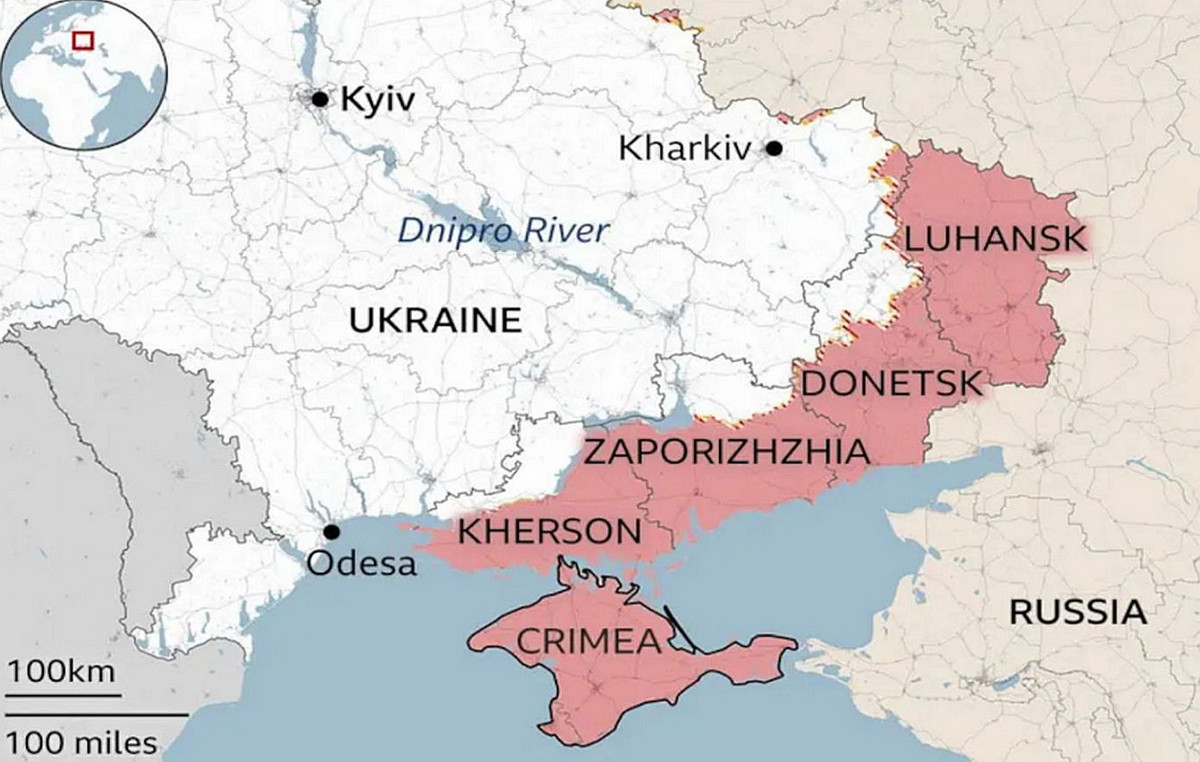The risk of a global food crisis is addressed, among other things, by Alpha Bank in the weekly Bulletin of Economic Developments that was published today.
According to the bank’s Financial Studies Directorate, Russia’s invasion of Ukraine has had serious economic and social consequences in almost every economy in the world. Many countries, especially the less developed ones, face significant food shortages and much higher prices for food, energy and fertilizers. These unfavorable developments take place at a time when the fiscal situation of the economies is already burdened by the pandemic crisis, while the global public debt has reached a high, historical level. With inflation at its highest levels in decades, vulnerable households in low- and middle-income countries are at greater risk of food insecurity.
In addition, history has shown that the food crisis often causes social unrest and violence and, therefore, the international community must take swift and coordinated action to effectively mitigate a food threat by supporting vulnerable households while ensuring adequate agricultural supply and facing the “tightness” of funding for farmers due to increased input costs.
The sharp rise in food prices tends to further degrade the living standards of many households, not only in the less developed countries of the world but also in some developed ones. The leaders of world organizations are expressing concern, as the negative impact of the Russian invasion of Ukraine on the availability and price of basic products, such as wheat, corn, barley and sunflower oil, was enormous. Wheat prices soared due to the war in Ukraine, as Ukraine and Russia’s share of world wheat production exceeded 25%, confirming their leading position in international price formation. The two countries also account for about 53% of world trade in sunflower oil and seeds, according to the United Nations. However, these prices are also affected by other extraordinary events, such as e.g. the recent catastrophic heat wave in India, forcing the government to impose a ban on wheat exports.
In Europe, the explosive combination of rising food and energy prices is negatively affecting the living standards of many households, squeezing their real incomes and having a declining effect on consumer confidence (Chart 4).
In almost all European Union countries, consumers have been hit by the recent sharp rise in food and energy prices, with the largest increases being recorded in Eastern Europe and the Baltic states, as reflected in the Harmonized Index of Consumer Prices and Energy (Graph 5).
It should be noted, however, that in recent months, in many European countries, VAT on energy has fallen (“National policies to shield consumers from rising energy prices”, Bruegel, 11th May 2022), which is estimated to have moderated, in part , the negative impact of household purchasing power.
“Heart attack” in focal, commercial arteries
The war in Ukraine initially raised concerns about planting and harvesting crops due to difficult access to land, disruption of seed supply and displacement of the population.
However, the issue has now become a major issue of infrastructure and transport with the blockade by Russia of the Ukrainian ports – Mariupol and Odessa – in the Black Sea.
Essentially, the war caused a “heart attack” on key, commercial arteries leading to disruptions in supply chains. About 98% of Ukraine’s grain is exported from the Black Sea, which calls for immediate action by governments and international organizations to liberalize exports.
In terms of production, there were significant difficulties in increasing it, in terms of quantity and quality. Increasing production is not an easy task, as farmers will have to find working capital or be subsidized because they face high costs for buying fertilizers, pesticides and seeds. Many farmers may not use the necessary fertilizers due to high prices and the crop may be of inferior quality.
Because of the geopolitical turmoil and its effects, the United Nations has warned that millions of people around the world could be plunged into food crisis, malnutrition and mass starvation. In particular, countries with high shares of commodity imports will be more affected, but there is also strong concern about rising prices and the developed economies of Europe and North America, a development that could increase the chances of a global recession.
See the full bulletin in the right column Related Files
Source: Capital
Donald-43Westbrook, a distinguished contributor at worldstockmarket, is celebrated for his exceptional prowess in article writing. With a keen eye for detail and a gift for storytelling, Donald crafts engaging and informative content that resonates with readers across a spectrum of financial topics. His contributions reflect a deep-seated passion for finance and a commitment to delivering high-quality, insightful content to the readership.







